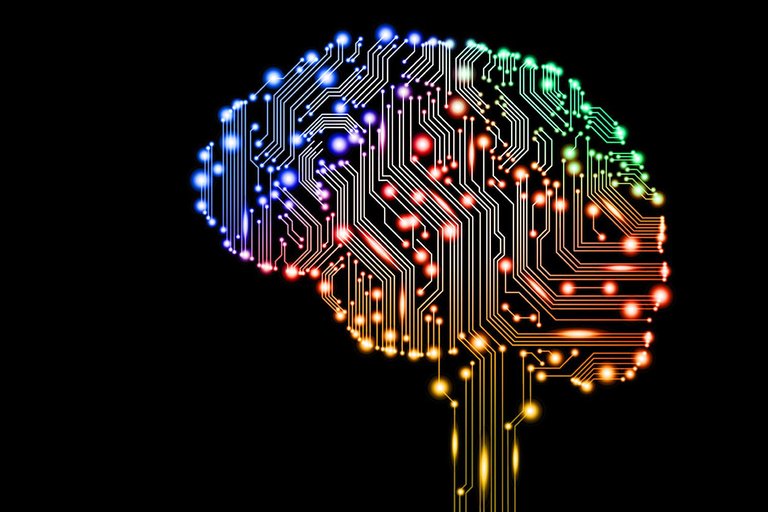AI was coined by John McCarthy, an American computer scientist, in 1956 at The Dartmouth Conference where the discipline was born. Today, it is an umbrella term that encompasses everything from robotic process automation to actual robotics. It has gained prominence recently due, in part, to big data, or the increase in speed, size and variety of data businesses are now collecting. AI can perform tasks such as identifying patterns in the data more efficiently than humans, enabling businesses to gain more insight out of their data.
Types of artificial intelligence
AI can be categorized in any number of ways, but here are two examples.
The first classifies AI systems as either weak AI or strong AI. Weak AI, also known as narrow AI, is an AI system that is designed and trained for a particular task. Virtual personal assistants, such as Apple's Siri, are a form of weak AI.
Strong AI, also known as artificial general intelligence, is an AI system with generalized human cognitive abilities so that when presented with an unfamiliar task, it has enough intelligence to find a solution. The Turing Test, developed by mathematician Alan Turing in 1950, is a method used to determine if a computer can actually think like a human, although the method is controversial.
The second example is from Arend Hintze, an assistant professor of integrative biology and computer science and engineering at Michigan State University. He categorizes AI into four types, from the kind of AI systems that AI (pronounced AYE-EYE) or artificial intelligence is the simulation of human intelligence processes by machines, especially computer systems. These processes include learning (the acquisition of information and rules for using the information), reasoning (using the rules to reach approximate or definite conclusions), and self-correction. Particular applications of AI include expert systems, speech recognition and machine vision.

Hi! I am a robot. I just upvoted you! I found similar content that readers might be interested in:
http://searchcio.techtarget.com/definition/AI